That feeling when you love someone in addiction:

Do you ever wish they would just GO TO REHAB already, so you could finally breathe?

Hi, I'm Cory, and I love someone who struggles with addiction.
I’ve loved many people who have struggled with addiction.

So I thought,"What the hell, a support group can't possibly make me feel WORSE than I already do"
Being around people who had similar experiences was refreshing at first. I was able to talk about my problems with other people who got it.
It just didn’t make sense to me that a support group would leave me feeling worse, and more hopeless, than I did when I came in.
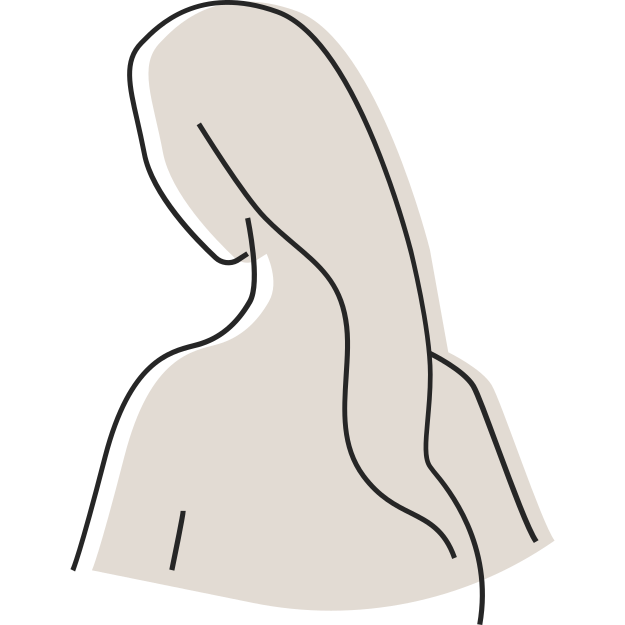
Luckily, I’m no stranger to addiction myself.
I left my meeting feeling powerless… but knowing there had to be something I was missing.
RECOVERY FACT:

Here’s what I learned, and what I want to teach you.
Hear What People are Saying About Heal for Real
"Heal For Real has saved my life."
“When I booked my call with Cory I was at the end of my rope. I had read countless books, tried two different types of support group, listened to podcasts, left and came back a few times, and none of it had worked. I felt hopeless, angry, and stuck. There had to be something better out there, something that actually worked.
I had been following Cory for a while, I knew what she did was different, and finally I was ready for that something different.
The content of the program is informed and thought provoking. The weekly coaching calls are a source of support and solidarity like I’ve never known. All of it is practical and achievable, and now after completing the program I know I can handle anything life gives me, whether it’s related to my partners addiction or not.
My partner has seen me grow and heal, and it has inspired him to begin taking steps toward his own growth and healing. Heal For Real has saved my life. It sounds like an exaggeration, but it’s true. This program has helped me find myself. It gave me permission to focus on myself for a change, to really discover who I am and who I want to be.
In achieving this I was finally able to be free of the worry, fear, and resentment that my partner’s addiction incited in me. I can focus on the things I want out of life rather than desperately trying to get him sober. I have the strength to be a loving, supportive partner and a present, attentive mother. A lot of credit goes to Cory but she’ll never take it. That’s the kind of person she is.
The life I want and dream of is here. I greet each day with joy and gratitude. I am happy. I am peaceful. I am strong.”
— H4R Member, Jess
"Heal for Real was like having a rollercoaster EJECT button plopped into my lap."
“Loving an addict is like being trapped on the rollercoaster of insanity. It is an endless loop of terror. We’re good, then we’re not, then we make-up, then it happens again, then they commit to change, then they don’t, over and over and over. Heal for Real was like having a rollercoaster EJECT button plopped into my lap.
The rollercoaster kept going, but I was no longer on it. This program taught me practical tools for finding myself again, taking control of my experiences regardless of what is going on around me, and for living from a place of love, joy, and peace.
I highly recommend the Heal for Real program for anyone who loves an addict or someone in recovery, or anyone seeking healing from co-dependency. But I’ll go even further, I simply recommend this program to any human. We all have suffered some form of life trauma. We all need healing, and we all need to prepare for the inevitable challenges that life will send our way. This program will help!”
— H4R Member, Nicole
"This program helped me find myself — and do so alongside an amazing community of women"
“This program helped me find myself — and do so alongside an amazing community of women. I can’t imagine not having these tools at my disposal now.
As a lifelong people-pleaser, I’ve always lacked confidence in myself and naturally fell into enabling without even realizing it.
Actually taking care of myself felt selfish, but as Cory told our group, “It helps them for us to be OK.”
Heal for Real provides the guided self-work and support to actually believe that and implement it."
— H4R Member, Liz
"Before Heal for Real, I was in a very dark place."
“I tried Al-Anon. It wasn’t what I was looking for.
Heal for Real was.
When I joined, my partner was still in active addiction—with no end in sight. I had just kicked him out of my home after his infidelity. I tried going to Al-Anon, but it didn’t fulfill my needs. I couldn’t relate to people going to meetings for decades without making the changes they clearly needed in their lives.
What I found in Heal for Real was different.
Even though I only used the self-guided online course and didn’t join the live coaching, the content itself gave me space for the intense introspection I needed. I was able to learn so many valuable lessons, and I LOVE that I can go back and re-watch anything whenever I need to.
One of the biggest shifts for me was learning to change negative habits (or agreements) that weren’t serving me or my partner. I now view him with more grace and empathy, and most importantly, I’m focused on myself and my own improvement. I’ve learned that I have to be better and lead by example if I ever expect to see changes from him.
If I had a friend in this situation, I’d absolutely recommend Heal for Real as a great resource. It helps re-frame your mindset and gets you on the right track to healing. It’s a great alternative to Al-Anon, and there really aren’t many alternatives out there.
This program reminded me that the change we need starts with us. Spouses of alcoholics are not alone. There are other people going through the same thing, and there’s help for us too.”
— H4R Member, Rene
The heartbreaking truth is this:
People need connection to heal.
Addiction cuts people off from that.
That’s why rebuilding trust and belonging isn’t just helpful—it’s essential.
Addiction cuts people off from that.
That’s why rebuilding trust and belonging isn’t just helpful—it’s essential.
If you’re on this page, you probably matter a LOT to someone who struggles with addiction (yes, even if they say you don’t).
And I bet there are ways you’ve been leading, that you don’t even realize.
Does this sound like you?
You worry about your partner in addiction
You cry over their behavior
You try to reason with them to stop using
You walk on eggshells around the topic of their addiction
You clean up after them when they go on benders
You resent them for their addiction and lost trust in them as a result of their addiction
You keep begging them to stop using (or else!)
You always catch them in lies about their addiction (and then YOU lie to cover for them)
You chase them out the door for being high or drunk (and then beg them to come back, even if they haven't gone to rehab yet)
You threaten to leave them for not being sober (but then for some reason, you can't seem to leave)



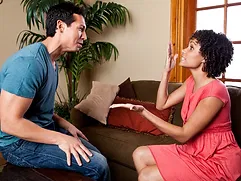
Time and time again, you find yourself stuck in the same vicious cycles that you can't seem to break out of.
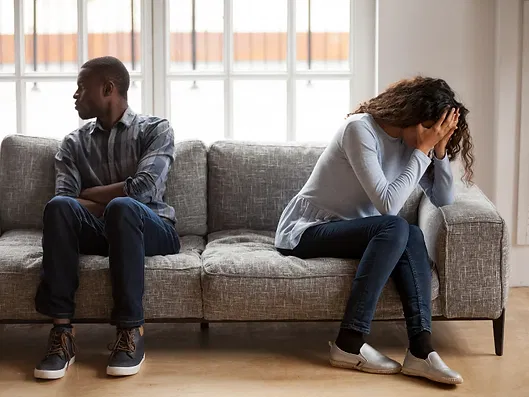
You DOhave Power!

Why does influence matter?
"Under the influence"
If you’re on this page, you probably matter a LOT to someone who struggles with addiction (yes, even if they say you don’t).
So why shouldn't a human being other than themselves play a part in their recovery?
If you love someone in addiction, you’ve probably heard someone say one of these things…
You are NOT Powerless
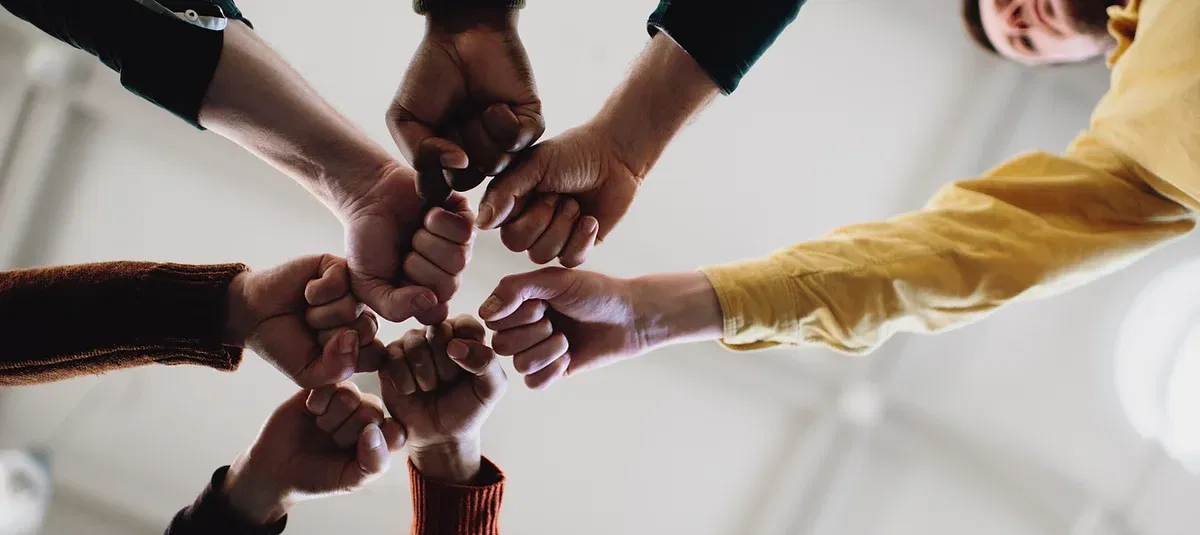
Here's where itgets REALLY hard...
If you love someone in addiction, YOU'RE hurting too!
But where are you supposed to find that healing and support?
Let's Talk About Your Options.
Many of the “solutions” that are considered to be the only option for partners and families, don’t really solve anything.
Did You Know...
Wondering which method we learn in Heal for Real?
(Keep Reading)
What is Heal for Real, and who is it for?
That's why I created Heal for Real.
We deserve a better option.
The Work Inside Heal for Real
The Heal For Real Process
📌 Module 1:
Integrity First
Improve your own lifestyle so they can see you as a person of integrity.
Before you can lead anyone toward recovery, you’ve got to become someone worth following. In this module, you’ll begin stabilizing your own life—physically, emotionally, and mentally—so your actions align with your values. When you start showing up with consistency and clarity, it shifts everything.
📌 Module 2: Release Resentment
Heal the resentment and anger so you can stop being triggered by their addiction.
You can’t build anything healthy on a foundation of pain. This month is about getting honest with your anger, healing the heartbreak, and releasing the emotional baggage that’s keeping you in survival mode. You’ll learn how to stop reacting to their chaos and start responding from a place of grounded power.
📌 Module 3: The Truth of Addiction
Debunk the myths of addiction that are damaging trust between you
Most of us were taught the wrong things about addiction—and it’s sabotaging our ability to connect. This module breaks down what addiction really is (and isn’t), so you can stop unintentionally shaming them and start becoming someone they actually feel safe opening up to.
📌 Module 4: Emotional Deep Dive
Discover your own deeper emotional truths so you can help them with theirs.
If you don’t understand your own emotions, you can’t hold space for anyone else’s. This month is about doing the internal work—getting curious, not judgmental—so you can approach your relationship with compassion instead of control.
📌 Module 5: Relationship Rehab
Develop relationship skills so you can support recovery with healthy connection.
This is where the rubber meets the road. You’ll learn how to communicate clearly, set boundaries without guilt, and rebuild trust—without falling back into old codependent habits. This is the month your connection starts to feel like a partnership again.
📌 Module 6: Freedom & Future
Design a life that YOU DESERVE so their addiction doesn’t drive your future.
The final module is your exit strategy from chaos. Whether they get sober or not, you will leave this program with a roadmap for a healthy, full life that’s not controlled by addiction. This isn’t about staying stuck in recovery mode forever. This is about real freedom.
Included When you Enroll in Heal for Real:
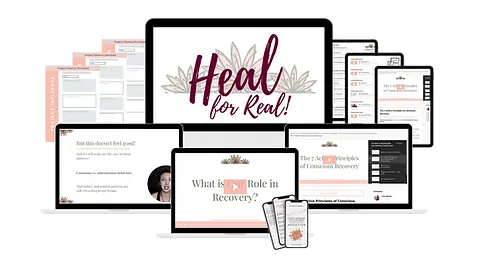
Support:
Live Q&As to give you REAL strategies for recovery. Connect with others who are doing the work alongside you.
Get your questions answered each week in a safe environment.
Heal for Real Online Course:
6 month virtual recovery elearning course for partners and families.
Over 50 recovery training videos in a guided format to help you stop codependent patterns, and lead the path to recovery.
Project Influence - 7 Day Course:
Intro-to-Recovery Course that gives you a 7 day jump-start to transform your relationship with someone in addiction.
Project Influence Workbook to help you track your progress.
Lifetime access to content:
Self-paced program allows flexibility so you can heal in your own time, on your schedule.
Lifetime access to course content and support, revisit any content whenever you need to.
PLUS lifetime membership inside The Recovery Revolution Network!
Private support group meetings with vetted members you can trust
Access to specialty group calls
Reference library of recovery resources & recorded content
Forum where you can ask questions, chat with community members and coaches, and get help when YOU need it
Join Heal for Real
Recovery For Partners and Families
In order to Heal for Real,
we need to get to WORK!

Developing strong boundaries
Finding our PEACE
Improving Self Esteem
Creating a STABLE life
Healing resentment
LOVING who YOU are!
And you can do ALL of that inside of Heal for Real
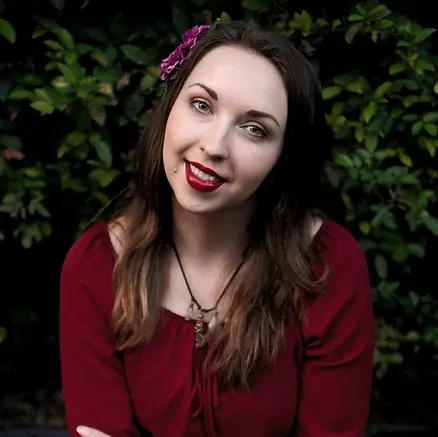
This page you’ve been reading is dedicated to you, and people just like you, who love someone in addiction, and need better solutions.
You deserve real support to help you manage and overcome the chaos you’ve been stuck in.

